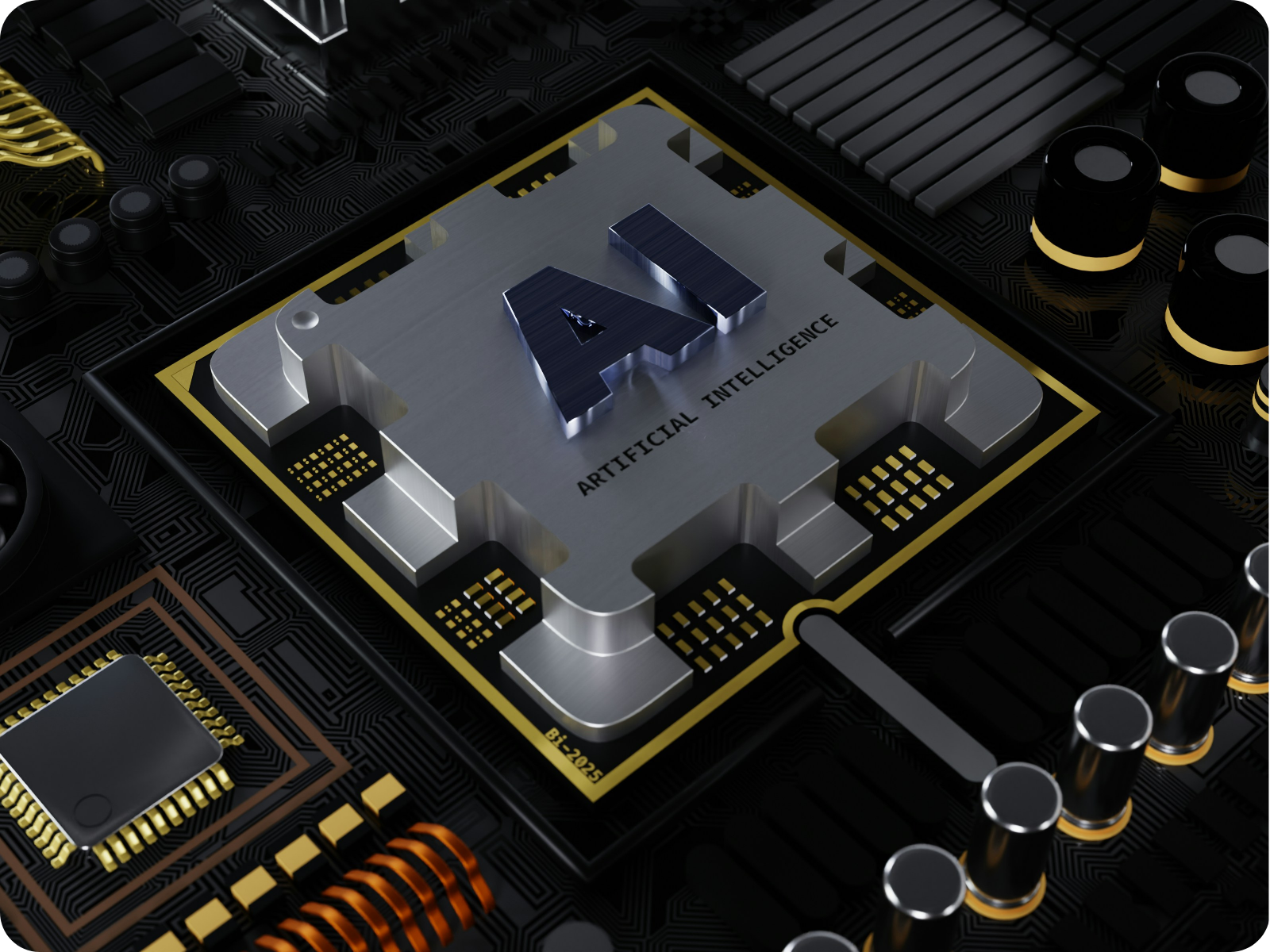AI software development is changing how businesses build apps, make decisions, and solve real problems. But what does it actually involve? And how do you get started?
Key Takeaways
- AI software development is about building tools that can learn from data.
- It uses algorithms, models, and training processes to automate tasks or improve outcomes.
- Businesses use AI to boost productivity, personalize experiences, and make better predictions.
What is AI software development?
AI software development is the process of designing and building software that can perform tasks typically requiring human intelligence. These tasks might include learning from data, understanding language, recognizing images, or making decisions.
Unlike traditional software, which follows strict rules, AI systems adapt based on the information they process.
How does AI software development work?
AI development usually starts by clearly defining the problem you’re trying to solve. Whether it’s automating customer service or predicting user behavior, clarity here saves you time and rework later.
Once the problem is defined, the next step is gathering data. AI systems rely on data to learn, so having a rich, clean, and labeled dataset is essential. This data acts as the fuel that powers the AI engine.
With data in hand, you move on to choosing the right model. Depending on your needs, you might use a pre-trained algorithm or build a custom machine learning model. This step is about aligning your business goal with the right technology.
Next, it’s time to train the model. You feed it data so it can recognize patterns and make predictions. Training is often iterative—you test, tweak, and retrain to improve accuracy.
After training, the model needs validation. You evaluate its performance on new data to see how well it generalizes. You also check for biases and any weak spots.
Finally, you deploy the AI system into your actual environment. This could be a mobile app, web service, or internal dashboard. From there, it continues to learn and improve, ideally with feedback loops built in.
What are examples of AI software?
- Chatbots: Businesses use AI-powered chatbots to automatically answer customer questions 24/7. These tools improve customer support efficiency and provide instant responses without needing a human agent on standby.
- Recommendation engines: Platforms like Netflix and Amazon use AI to analyze your behavior and suggest movies or products tailored to your preferences. These systems boost engagement and drive sales by making accurate, personalized suggestions.
- Fraud detection systems: In finance, AI is used to monitor transactions in real time. When unusual patterns are detected, it can instantly flag them as suspicious, helping to prevent fraud and protect accounts.
- Image recognition tools: In healthcare, AI analyzes medical scans such as X-rays or MRIs to help doctors spot early signs of disease. This improves diagnostic accuracy and can lead to faster, more effective treatment.
Why are businesses investing in AI?
Businesses are turning to AI because it offers real, measurable benefits. One major reason is efficiency. AI can handle repetitive tasks—like sorting emails, managing inventory, or generating reports—faster and more accurately than humans. This frees up employees to focus on higher-value work and reduces operational costs.
Another big driver is improved decision-making. AI systems can analyze massive amounts of data in real time to uncover insights humans might miss. With predictive analytics, companies can forecast trends, customer behavior, and market changes—giving them a competitive edge.
Customer experience is another area where AI shines. Through tools like chatbots and recommendation engines, businesses can personalize interactions at scale. This increases customer satisfaction, loyalty, and ultimately, revenue.
And let’s not forget innovation. Companies are using AI to develop entirely new products and services. Think voice assistants, autonomous vehicles, or smart healthcare diagnostics. These innovations wouldn’t be possible without advanced AI technologies.
What skills are needed for AI software development?
- Programming (Python, R, Java)
- Math and Statistics
- Data handling and analysis
- Machine Learning frameworks like TensorFlow or PyTorch
- Problem-solving mindset
FAQs
What is AI software development?
It’s the process of building software that can learn, adapt, and make decisions using data.
How is AI different from traditional software?
Traditional software follows fixed rules. AI software learns and adapts based on data.
Do I need a lot of data to build AI?
Yes. The more quality data you have, the better your AI system will perform.
Final Thoughts
AI software development isn’t just for tech giants anymore.
Companies of all sizes are using AI to improve products, processes, and decisions.
At TechQuarter, we help teams bring their AI ideas to life—from strategy to deployment.
Curious about building AI tools for your business? Let’s talk.






